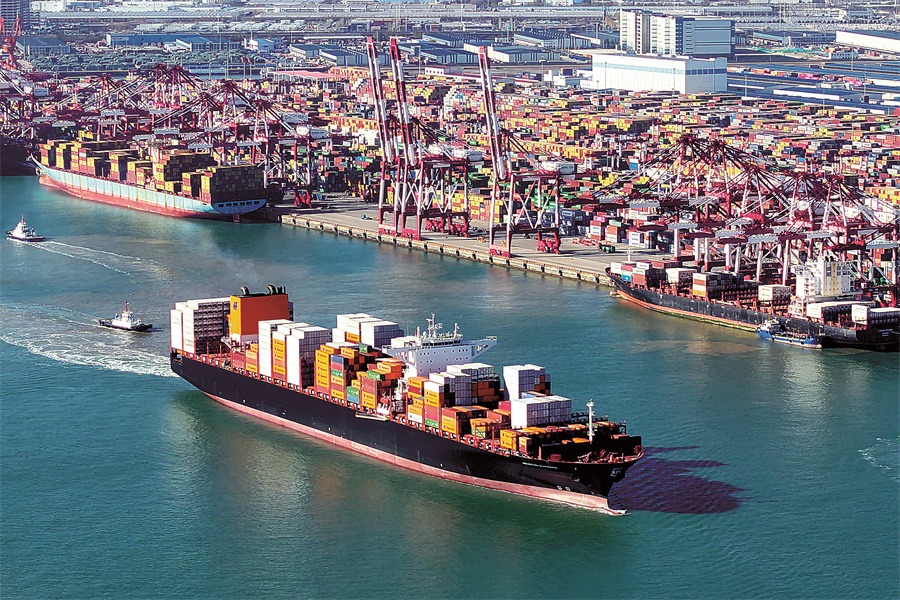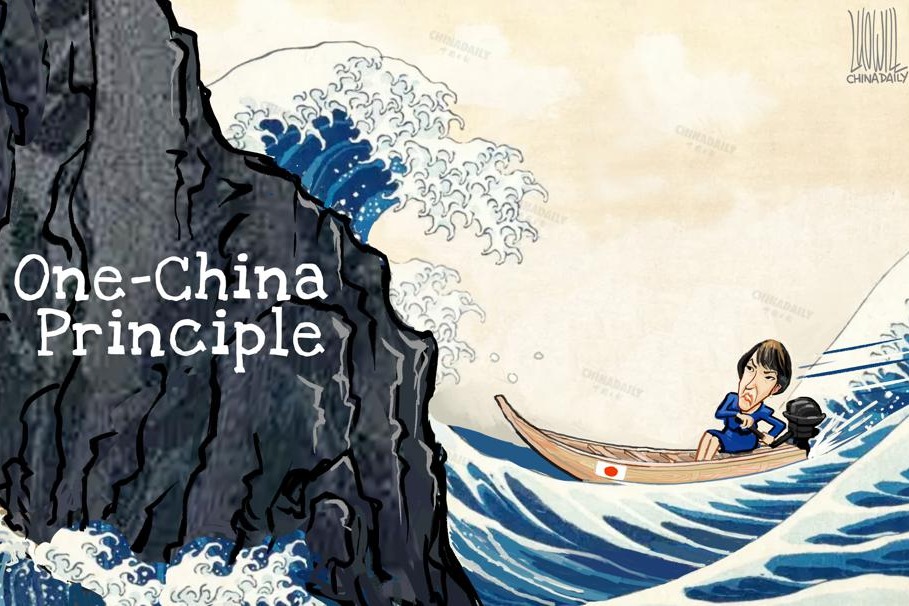Has the world climbed out of the 2008 Great Recession?


Editor's note: Sun Xingjie is deputy dean of the School of International and Public Affairs at Jilin University. The article reflects the author's opinions, and not necessarily the views of CGTN.
The global financial crisis seemed like a thing of the past. It has been a decade since the outbreak of the global financial crisis in 2009. Has the world already entered a post-crisis era?
The Fed withdrew from its quantitative easing policy gradually after 2013. In theory, the core countries of the world's economic system entered the post-crisis era. Nevertheless, in the last two or three years, the emerging protests and political upheavals around the world showed that the international community hasn't entered the post-crisis era yet. Looking back to the Great Depression in 1929, the financial crisis evolved into international relations crises and led to the outbreak of the World War II in 1939.
The 1929 financial crisis brought enormous socioeconomic losses and the threat of war. After the 2009 financial crisis, the emerging global economic governance platform represented by the G20 reached significant consensus to avoid a similar tragedy to that of 1929. For instance, world leaders pledged not to adopt protectionist and beggar-thy-neighbor policies during the 2009 London summit.
The horror of the financial crisis became an impetus for cooperation and coordination of international economic policies and vastly eased the shock waves of the financial crisis. Yet any policy has costs. Keynesian economics of shoring up the market and the positive actions of central banks only alleviated, delayed and transferred the crisis but did not solve it.
The 2009 financial crisis itself was the symbol of global governance crisis. In that year, the global distribution of wealth reached the highest unequal level as the dividends of global economic growth since the 1970s have basically gone to the highest earners and the real incomes of the middle and low classes have barely risen for 30 years.
We can assume that the world had been divided between the haves and the have-nots before the crisis which, as former U.S. president Franklin D. Roosevelt once said, such a divisive edifice is unsustainable. Research by economists shows that death rates for middle-aged white Americans who did not attend college have risen since the 1990s. White, male, blue-collar have become the fringe of the economic superpower.
The economic crisis, as the sound of a fractured social fabric, means that the existing development model may not be sustainable. We have had to deal with a world that has been gradually divided, and so far the breaking has continued while the rifts have intensified since the crisis of 2009. From the perspective of the international system, globalization, more than 30 years ago, did not eliminate the structural differentiation between center and edge.
When a crisis approaches, the center countries are able to transfer the burden of it to the periphery. The financial crisis which caused shock and panic broke out from Wall Street itself. Besides, the Arab Spring of 2010 meant that the periphery countries could not bear the brunt of the crisis. As soon as the tide of globalization receded, especially after primary products prices collapsed, the crisis moved from the center to the edge. As a result, there's a fault line in the global system from North Africa to the Middle East, then to central and South Asia, and even to South America.
After the crisis, the central countries "withdrew" from the international system and put domestic interests first, making the global system more tightening and unamicable. With deep cracks inside, both central and peripheral countries are facing challenges of system turbulence putting forward a test to national governance capacity. The fragile governance systems and institutional resilience of the peripheral countries could not withstand the pressure of system turbulence so that there were fierce protests, civil strife and administration changes along the domestic fault line.
The "Black Swan" event of Brexit and the U.S. election in 2016 mean that the economic crisis has also brought political society crises and impacts in center countries. The global populism trend of thought has different forms but in essence it is the aftermath of the economic crisis and the same time the reaction of the fractured international governance and domestic governance structure.
Besides, in the past decade, internet technology has developed rapidly, especially social media represented by Facebook and Twitter have changed communication styles and made political and economic events more transparent. At the Munich Security Summit in 2017, a new concept of post-truth became popular. The production and dissemination of information are accelerating, what followed is spreading of false news and even rumors. Social media has changed the rules of political game, flattened the hierarchical political system.
A decade after the onset of the financial crisis, it is time to review and go into this far-reaching crisis, simultaneously to explore the political and economic logic behind the emerging "hot spots".


































